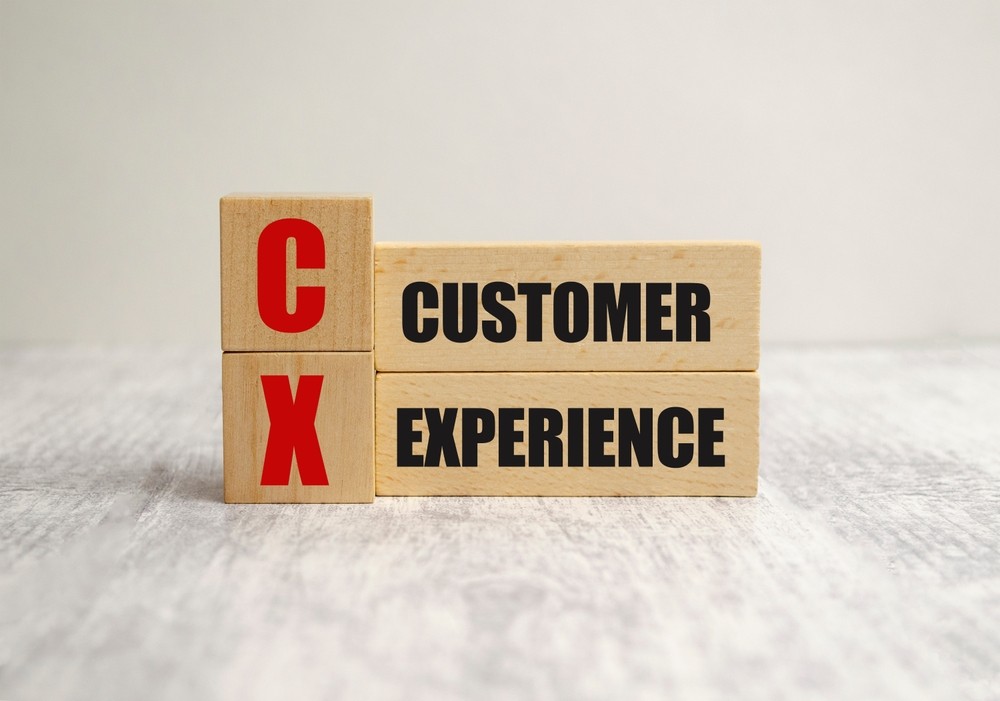“Customer experience has become the defining battleground for brand loyalty,” said Niki Hall, Chief Marketing Officer, Five9. “As consumer expectations rise and patience vanish, delivering fast answers isn’t enough. Businesses must create experiences that feel effortless, personal, and deeply human. This is a wake-up call for leaders – AI may be the foundation, but it’s how we blend technology with human understanding that truly sets businesses apart.”
The findings reveal that success today hinges on not just adopting AI technologies, but aligning them with trust, human understanding, and seamless integration. With 40% of consumers stating they would stop doing business with a company after just one bad experience, the need for AI that enhances rather than erodes customer trust is more urgent than ever. The data points to a path forward that is human by design, intelligent at scale, and relentlessly focused on what customers truly value.
The report provides a candid look at where customer experience is thriving, where it's falling short, and how top-performing businesses are rethinking everything from agent roles to digital strategy.
Among the key insights:
AI is no longer the future – it’s now: 81% of businesses have already implemented AI in their contact centers, with 78% saying it has met or exceeded expectations. AI isn’t just automating – it’s elevating every part of the customer journey, from smart routing to real-time agent assist.
Voice remains the channel of trust: While digital interactions grow, 74% of customers still prefer the phone when stakes are high. Yet, many businesses overestimate the role of social media and messaging in critical moments, revealing a disconnect.
Self-service must be smart – not just available: Customers overwhelmingly favor accuracy (66%) and fast resolution (60%) over 24/7 availability. The report shows that when self-service fails, customer satisfaction plummets.
Empowered agents are the new differentiators: With AI handling repetitive tasks, agents are stepping into more complex, emotionally charged conversations. As a result, 88% of companies have increased their focus on agent experience through tools like shift flexibility, expert access, and real-time AI support.
Perception gaps persist: Business leaders often misjudge what customers actually want. For example, while 52% of business decision makers believe 24/7 self-service is essential, only 33% of customers agree. Meanwhile, 60% of customers cite wait time as a top frustration – compared to just 48% of business decision makers.
Where CX Goes Next
The future of customer experience demands more than incremental change, it calls for a fundamental shift in how organizations think, design, and deliver. Winning brands will be those that bridge the trust gap in AI with transparency, build self-service around real customer needs, empower agents with tools and empathy, and eliminate friction through true integration. In today’s experience-driven world, success isn’t defined by digital alone, it’s about designing with the human touch and scaling with intelligence.




